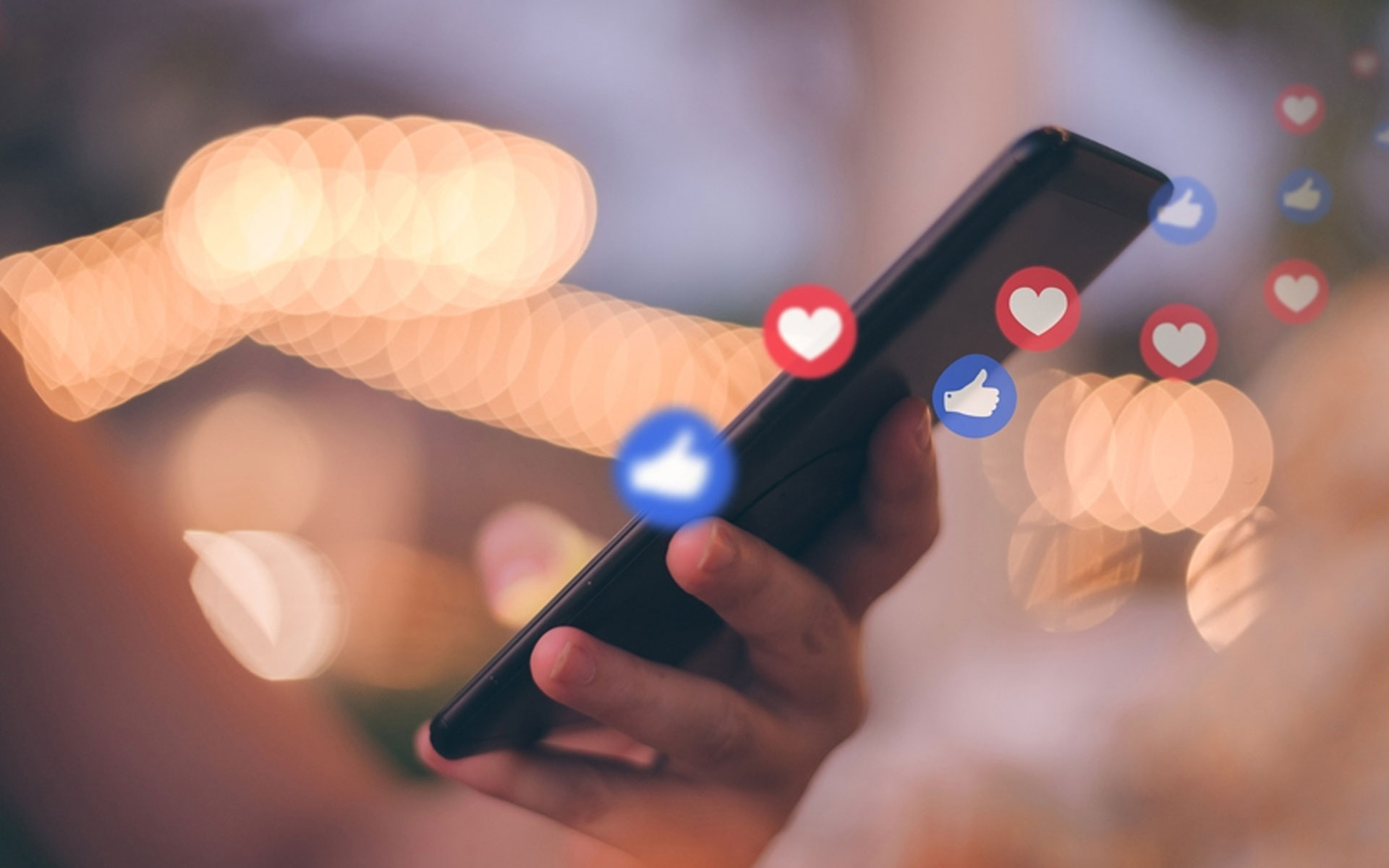Gender, comfort, and impulsivity are key for that perfect chemistry
People who look for love online often liken the experience to a game. We’ve all heard the popular phrases: to meet the right person, you have to get into the game; it’s a game of chance; the whole experience is a numbers game; flirting is a game of cat and mouse; and, if you’re particularly adept at online dating, perhaps it’s only child’s play.
It’s only fitting that as the $143-million matchmaking industry has moved onto people’s smartphones, companies have gamified the entire system. In the process, digital dating organizations have made it easier to meet new people, encouraged users out of their comfort zones and often helped people confront their own notions of gender norms.
New research from Jui Ramaprasad, an Associate Professor of Information Systems at McGill University, and co-authors JaeHwuen Jung (Temple University), Ravi Bapna (University of Minnesota), and Akhmed Umyarov (University of Minnesota), sheds light on why digital dating sites have such chemistry with their user base.
Ramaprasad and her colleagues studied how user behaviour changes when people shift from desktop to their smartphones. And while, perhaps predictably, people tended to use their phones to access dating sites more, Ramaprasad found that the way in which they interacted with the platform also changed. At its core, the ease of using a mobile device helps users be more impulsive—they’re able to reach out to more people more easily, and do. But mobile dating platforms also help guide them out of their comfort zones, accepting potential dates and messaging possible partners that might be outside their traditional “type.” More broadly speaking, Ramaprasad’s research also sheds light on how gender is still a big factor—even in the world of mobile online dating.
Ultimately, understanding these differences in user behaviour can help drive further engagement, and therein lies the broader business insights for companies outside the digital-dating world.
Gamifying the process: Why simplicity drives impulsivity
One of the biggest findings in the desktop-to-mobile transition found by Ramaprasad and her team was the loss of due diligence among men. Guys were far more likely to respond to a message without checking the sender’s profile on their smartphones than they were on desktops. (This is, of course, steeped in the gender norms of dating generally—men tend to be more likely to “make the first move.” Women’s diligence remained static between the two channels.) Beyond the context of online dating, this is in line with research that finds that, on mobile devices, people tend to be more prone to impulsivity, according to Ramaprasad.
She says, “Online dating companies have switched from a one-to-five rating scale to a swipe left/right option. It’s changed the process from being ‘laborious’ to being incredibly simple and easy. They’ve gamified the system.”
Ultimately, by simplifying the process and removing barriers, companies can drive sales and impulsive purchases.
Ultimately, by simplifying the process and removing barriers, companies can drive sales and impulsive purchases.
Think of actions like online purchases: While once it could be cumbersome to type in lengthy credit information on tiny screens, advances in technology, like Apple and Google Pay, make the purchasing process easier. For companies that rely on impulsive decisions made by their customers, these changes are only beneficial.
On the other hand, businesses that require a bit of sober second thought may consider adding a few layers of friction to the process. As an example, Ramaprasad points to Uber, which confirms via urgent message whether users will be charged for a ride that they’ve decided to cancel. This saves consumers from regretting their actions later. Ramaprasad notes that, “In the end, you want users to make the decisions they’re happy making,” and that, “You want repeat business.”
Shedding inhibitions: Mobile helps consumers out of their comfort zones
On the other side of increased impulsivity is the rise of disinhibition—this is one of the most interesting findings of her research, says Ramaprasad. Her study found that when on their phones, people often stepped out of their dating comfort zones. Users in the study were more likely to say “yes” to potential mates who might not fit the height, age or race requirements they otherwise specified when browsing on their desktops. Ramaprasad’s team found that by broadening their horizons, they had more “successful matches.”
“I think this has a lot of implications on the design of recommendation systems,” she says. “A lot of recommendation programs are based on prior behaviour—What did I used to buy? Whose profiles did I used to browse? What music did I used to listen to? But on mobile, people are willing to explore a bit more.”
Indeed, this is particularly timely in the world of social media bubbles and confirmation biases, especially as more and more companies invest in artificial intelligence-powered recommendation programs.
“We already tend to engage with the things we’re sympathetic to or we’ve engaged with before, and that does not allow for broadening of our horizons. Technology hones that bubble,” Ramaprasad explains. “This finding shows there’s a huge opportunity to popularize a diversification of experience. Companies should consider re-introducing a bit of serendipity into the mix on mobile, helping introduce consumers to content and products they may not have previously considered.”
Gender matters: How businesses can turn inequality on its head
Finally, while there’s been considerable movement toward true equality, businesses should take heed that, in the digital realm, gender still matters in the context of usage. Men are still more likely than women to initiate a conversation, which fits with the socially acceptable stereotype that men should “make the first move.”
In a different study on online dating, Ramaprasad and her team found that, when given the opportunity to view profiles anonymously or not, those who left a trace were more likely to initiate a conversation (think of it like LinkedIn, where users can choose to view other profiles privately or publically). Leaving a trace was particularly important for women because, due to complex social norms, they don’t generally initiate the conversation. Making their interest known through this alternative way allowed women to make the first move without having to send a message—a key step in determining a match.
This has potential benefits for companies and departments that operate in gendered categories, like HR or recruitment.
An oft-cited Hewlett Packard report from the early 2010s found that women will often only apply for a position if they are 100% qualified; this compares with men who will often apply when they feel 60% qualified.
“Perhaps HR professionals could consider using this social trace—seeing who has been looking at the jobs you’ve posted—to seek out candidates, rather than just wait for applications to roll in,” Ramaprasad suggests.
Matches made in heaven
Ultimately, as consumers shift from desktop to mobile, and their habits do as well, businesses that design their systems based on desktop behaviours may want to reconsider their approach. When men and women engage in gamified processes and choose to go beyond their usual preferences for potential partners, they are also likely to explore different music, products, podcasts, books, and services. They’re just so much more open to new things.
“In the online dating world, data proves that just because someone says they’re interested in one thing, it doesn’t always end up being what they choose,” Ramaprasad says. “If there’s one big takeaway, it’s that people don’t always know what they’re looking for, and that’s an opportunity for businesses.”














